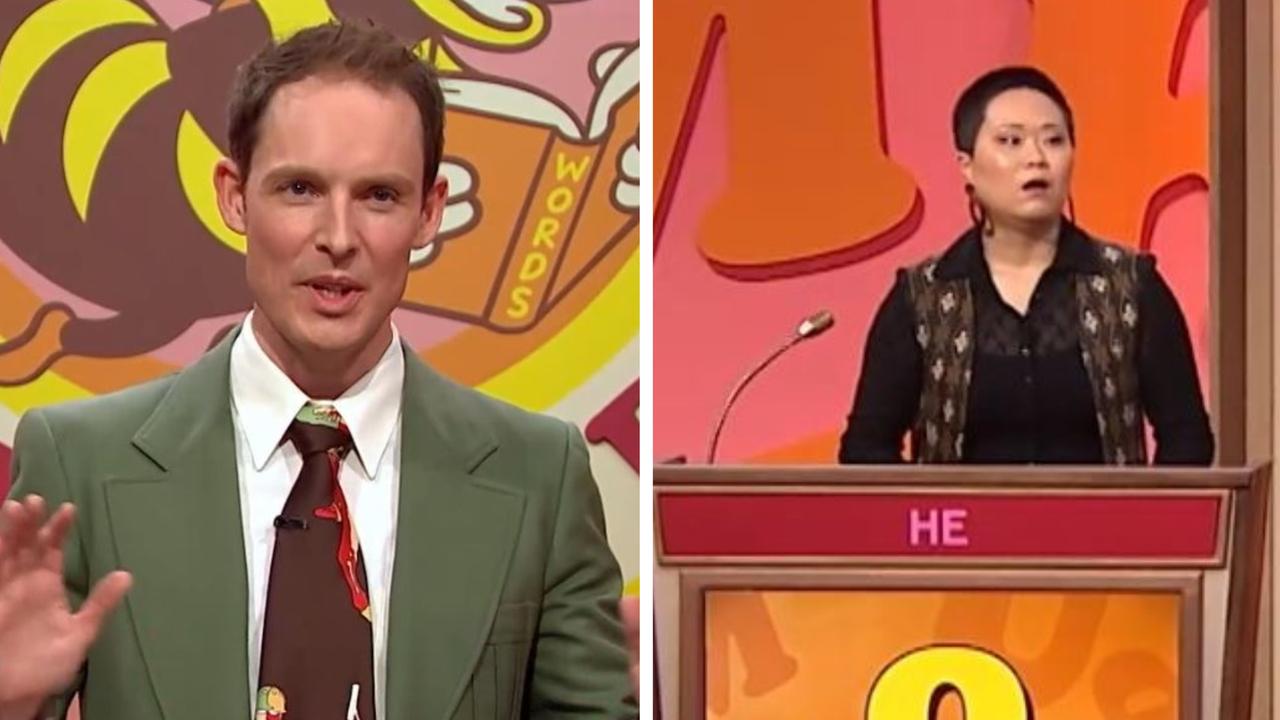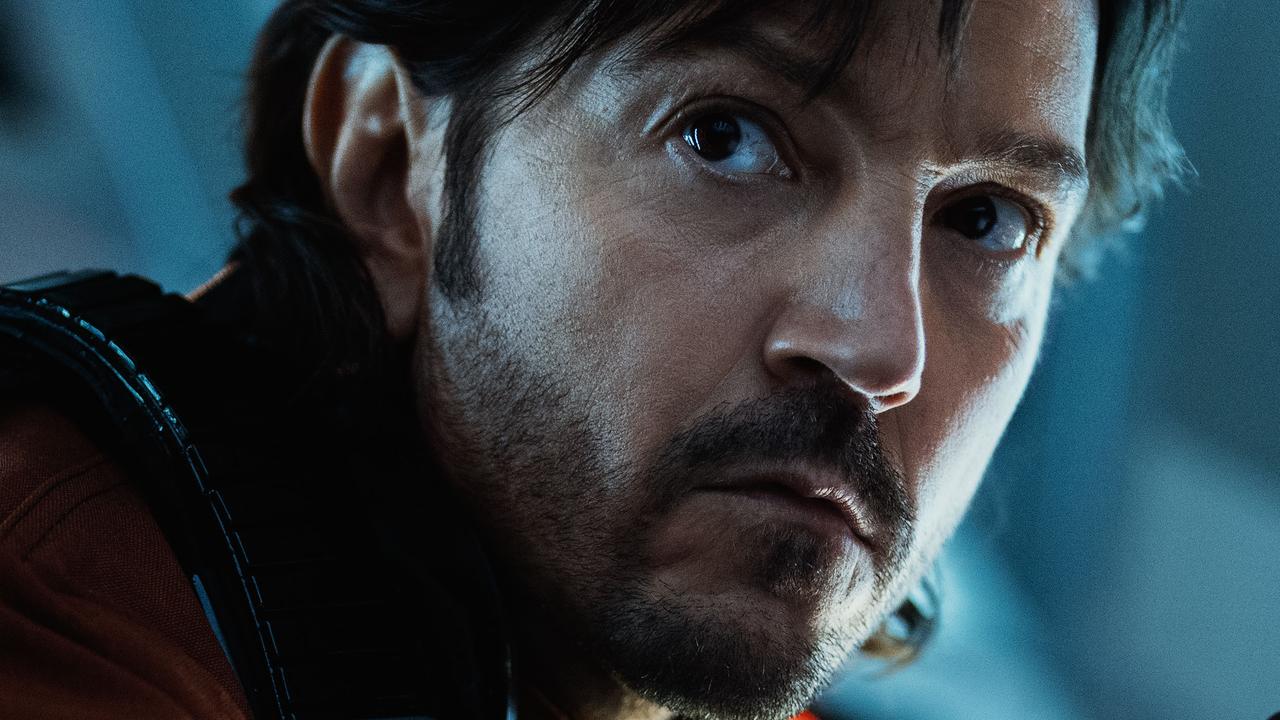P-Valley review: Powerful strip club drama with a female sensibility
With nudity, drugs and drinking, this compelling strip club drama has plenty of “oh my” moments. But it was the name that didn’t pass the test.
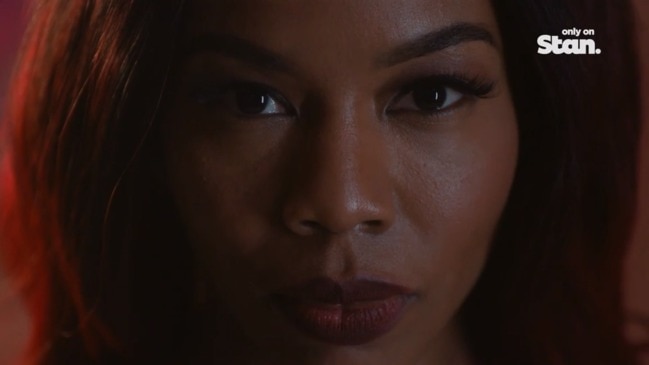
The genesis of provocative drama P-Valley stretches back a long way, but more recently, it was the story’s birth as a theatre production.
At the time it was known by its original name, Pussy Valley, but when it made the leap to television, the moniker was too rude for TV networks who refused to carry a show with that word in its title, so it was shortened to P-Valley.
But in losing the more risqué element of its name didn’t mean the show compromised its soul – an unflinching, compelling and noirish drama about strippers on the Mississippi delta.

In a similar way to how Lorene Scafaria made Hustlers , a movie set in New York’s strip scene starring Jennifer Lopez and Constance Wu, P-Valley also manages to depict copious scenes of shaking booties, pole acrobatics and tiny, diamante-encrusted costumes covering not much, without being smutty or dehumanising.
When there’s that much nudity and writhing involved, it’s a fine line to trot in high heels but its female creator Katori Hall, whose play it was adapted from, and a female crew, including its roster of directors, pulls it off.
When there’s a shot of breasts or bum, it’s not disembodied, it clearly belongs to someone, a character with agency. That’s the female gaze at work.
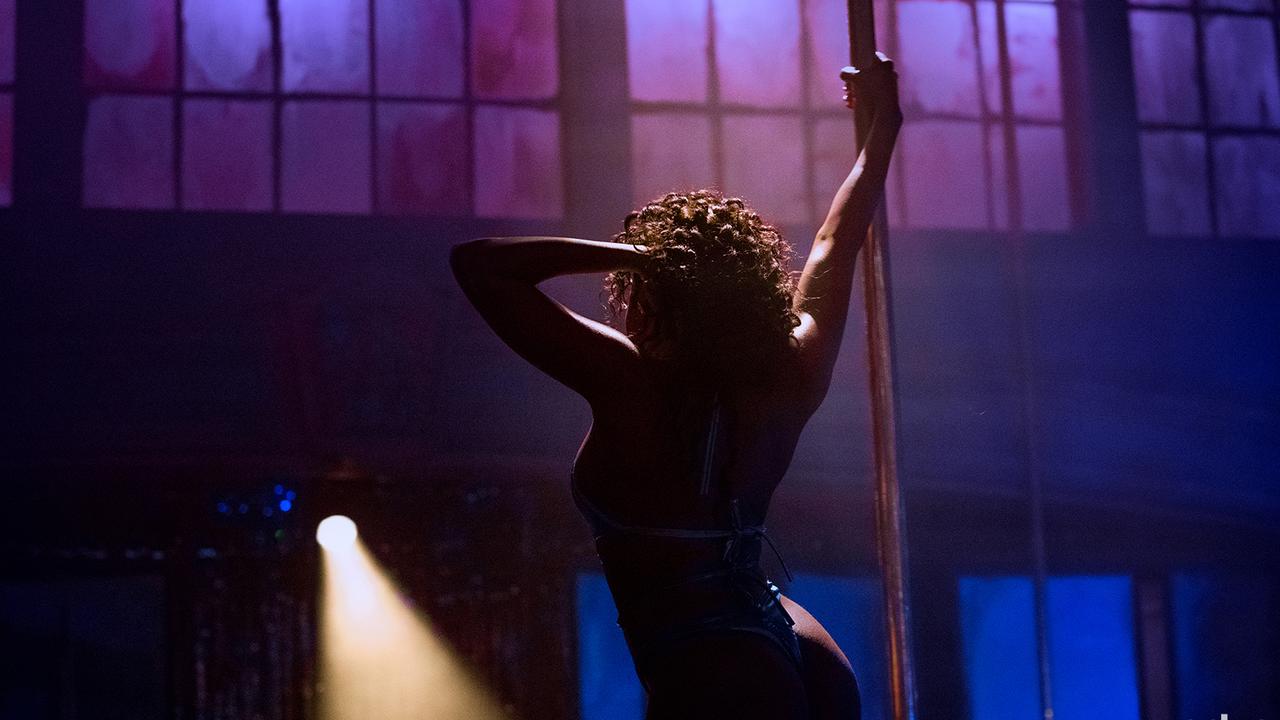
RELATED: What to stream this week
RELATED: Why Search Party is mandatory viewing
P-Valley centres on a seedy strip joint named Pynk, run by a gender fluid, dazzlingly dressed character named Uncle Clifford (Nicco Annan).
The Queen Bee of the club is Mercedes (Brandee Evans), whose milkshake brings the boys to the yard, throwing bills her way. Mercedes is weeks out from retiring from the industry, having saved up enough “stacks” to move on.
When new girl Autumn Night (Elarica Johnson) shows up with her doe eyes and a secret backstory, revealed through PTSD flashbacks, Mercedes starts to feel territorial.
But any rivalries or camaraderie within the girls’ change room isn’t the only drama in town. There’s a casino development circling which its backers claim will bring tourism dollars into the economically decimated town, but which would see Pynk punted off into oblivion.
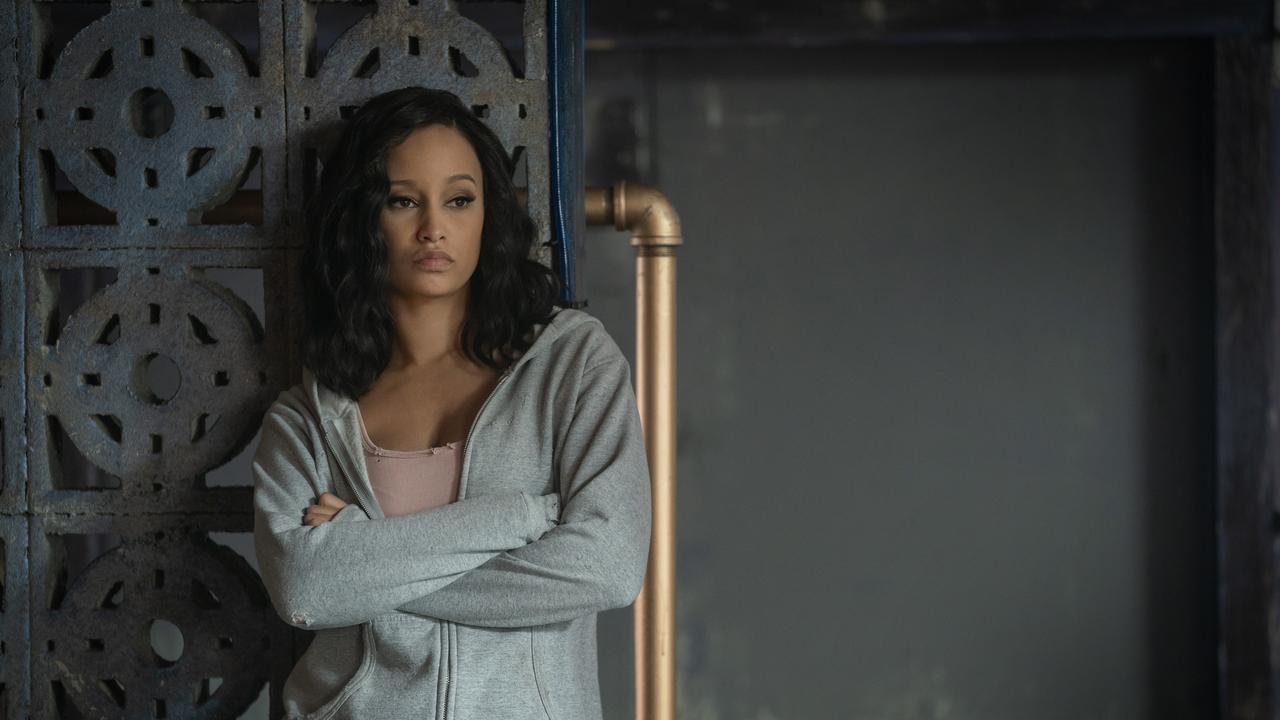
Among those pushing for the casino is lawyer Andre Watkins (Parker Sawyers), who Autumn first encounters when she catches him taking photos outside Pynk. The two quickly bond but her telling him her real name may have consequences.
The strength in P-Valley is that the world it creates is so vivid, an experience of southern American culture and specifically black culture, and the racism and sexism that still pervades.
Tennessee native Hall spent years researching for her play, frequenting strip clubs, and all that knowledge and experience is poured into this eight-part first season (the show was just today renewed for a second series).
It may take Australian viewers an episode to acclimate to P-Valley’s accents and lyrical vernacular, which Hall has dubbed “slanguage”, but once you do, it’s all in.
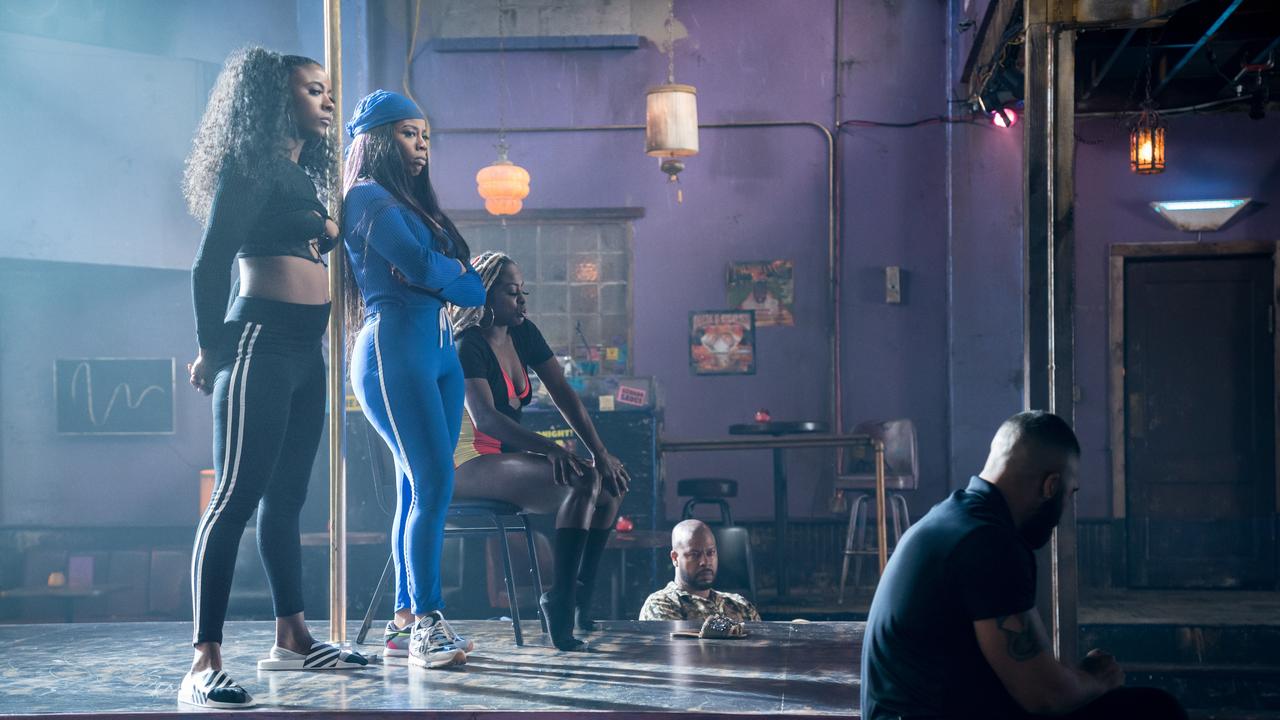
Hall calls the women who work as strippers “superheroes”, for their physical feats and their dedication to their craft, and there are scenes in P-Valley which are devoted to this intersection of artistry and commerce – and it’s never lascivious.
What they do on the poles, the quick-thinking moves to respond to the horny men in the audience, all in the service of separating them from their money, it’s awe-inspiring.
P-Valley doesn’t judge its female characters, it doesn’t present them as objects of titillation. It presents them as complex humans – as women, as mothers, as daughters, as minority women, as people with ambition, as people with a past, as people with power.
And that is why it’s powerful television.
P-Valley is streaming on Stan with new episodes available on Sundays
Share your TV and movies obsessions | @wenleima



